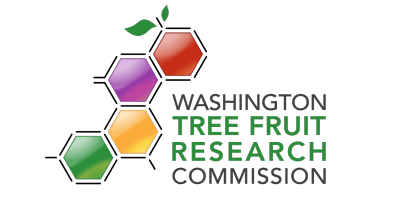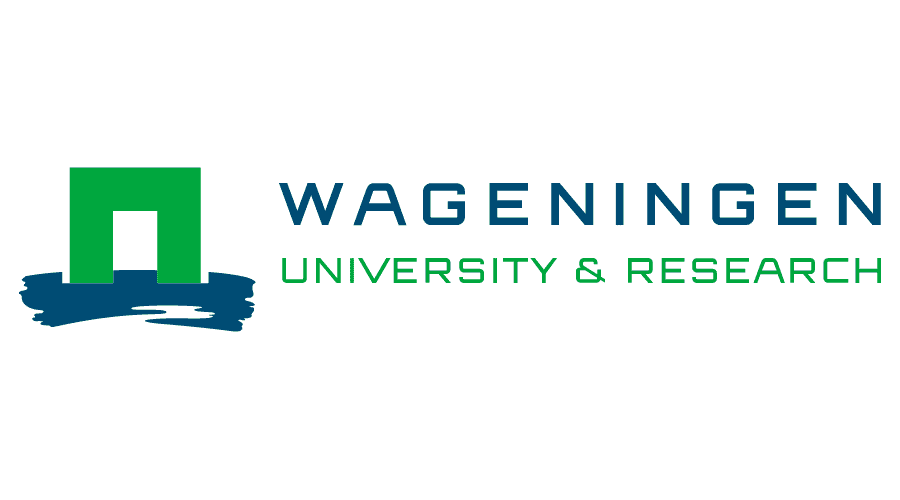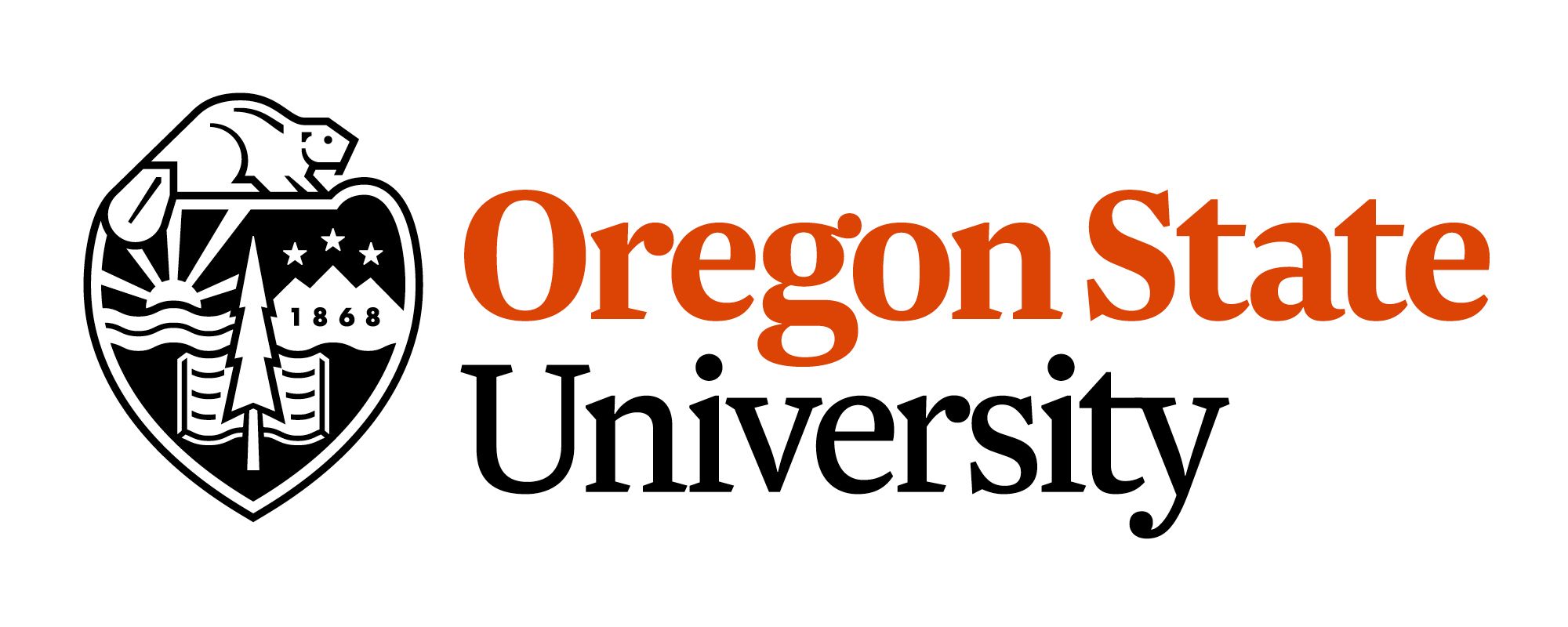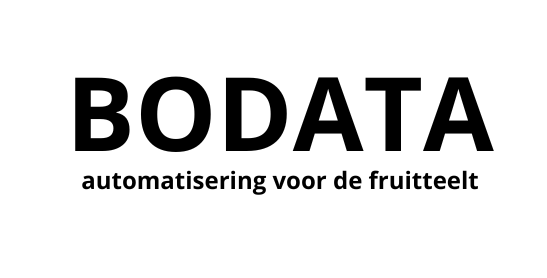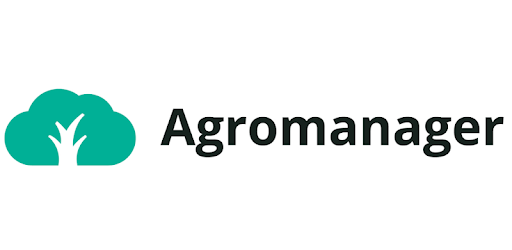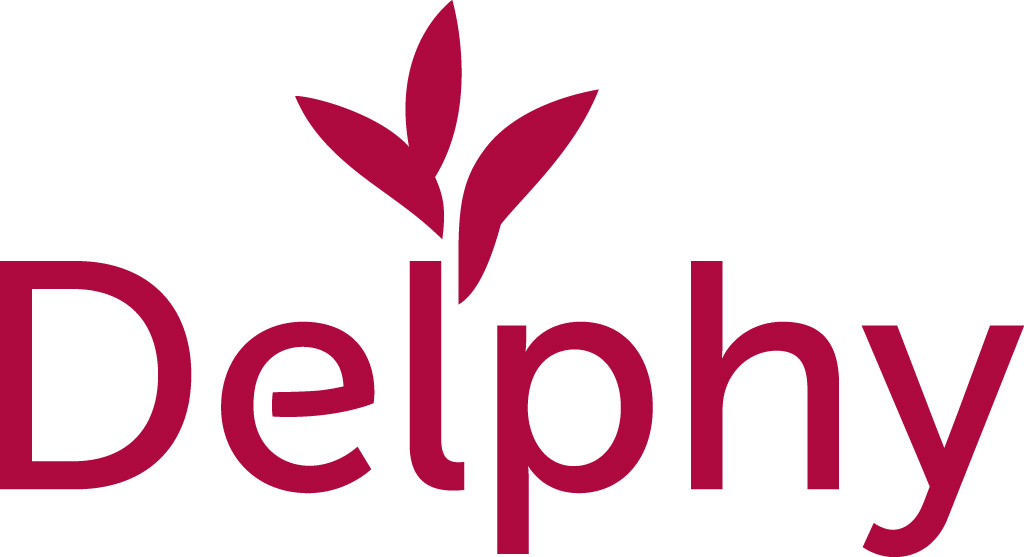Announcing the Washington State, California, and Dutch Collaboration
Today, Feb. 3rd, 2021, marked the day of the Collaboration Agreement Ceremony for a bi-lateral public/private AgFoodTech partnership between Washington State, California, and the Netherlands (CAWADU). The partnership includes Dutch and US companies (including Automated Ag, innov8.ag, Davis Instruments), the Washington Tree Fruit Research Commission, the Dutch Fruit Growers Association, Dutch technological association FME, NLWorks and several universities from both sides of the ocean (Washington State University & Oregon State University). Forming a collaboration like this will break down previous barriers and inspire a joint effort between these countries to enable the acceleration of technological solutions for improved fruit cultivation.
“We view international public-private partnerships, such as the Orchard of the Future collaboration, as essential building blocks to successfully develop orchards for the future,” – Jim Doornink, Chair-Washington Tree Fruit Research Commission
Due to the need of keeping up with increased consumer and government demands regarding sustainability, environment and food safety in the fruit sector combined with the declining availability of workforce, this collaboration understands that intensified efforts to speed up innovations and secure a sustainable future for the tree fruit sector is imperative.
“Technology implementation into orchards has to accelerate to enable our state’s tree fruit industry to remain viable and prosper into the next decade,” -Ines Hanrahan, Exec Director-Washington Tree Fruit Research Commission
We’ll do this by combining the innovative strengths of both Dutch & American agrobusiness ecosystems to establish new business models and solve the major challenges we are both facing in the areas of workforce scarcity, efficiency, environment, sustainability, and food safety. The Netherlands is leading in sensor technology and data management and Washington is leading in robotization/automation and shaping of the orchard. Because both regions have developments in all four themes, they can reinforce each other, which makes acceleration possible. You can work more efficiently, because there is no duplication of work, and it helps tree fruit producers on both side of the Atlantic Ocean to remain competitive and profitable.
“Globally, producers face many of the same hurdles. The practical solutions being developed through this international coalition hold promise for more robust, healthy, and efficient industries in both countries.” -André-Denis Wright, Dean- Washington State University College of Agricultural, Human, & Natural Resources Sciences






